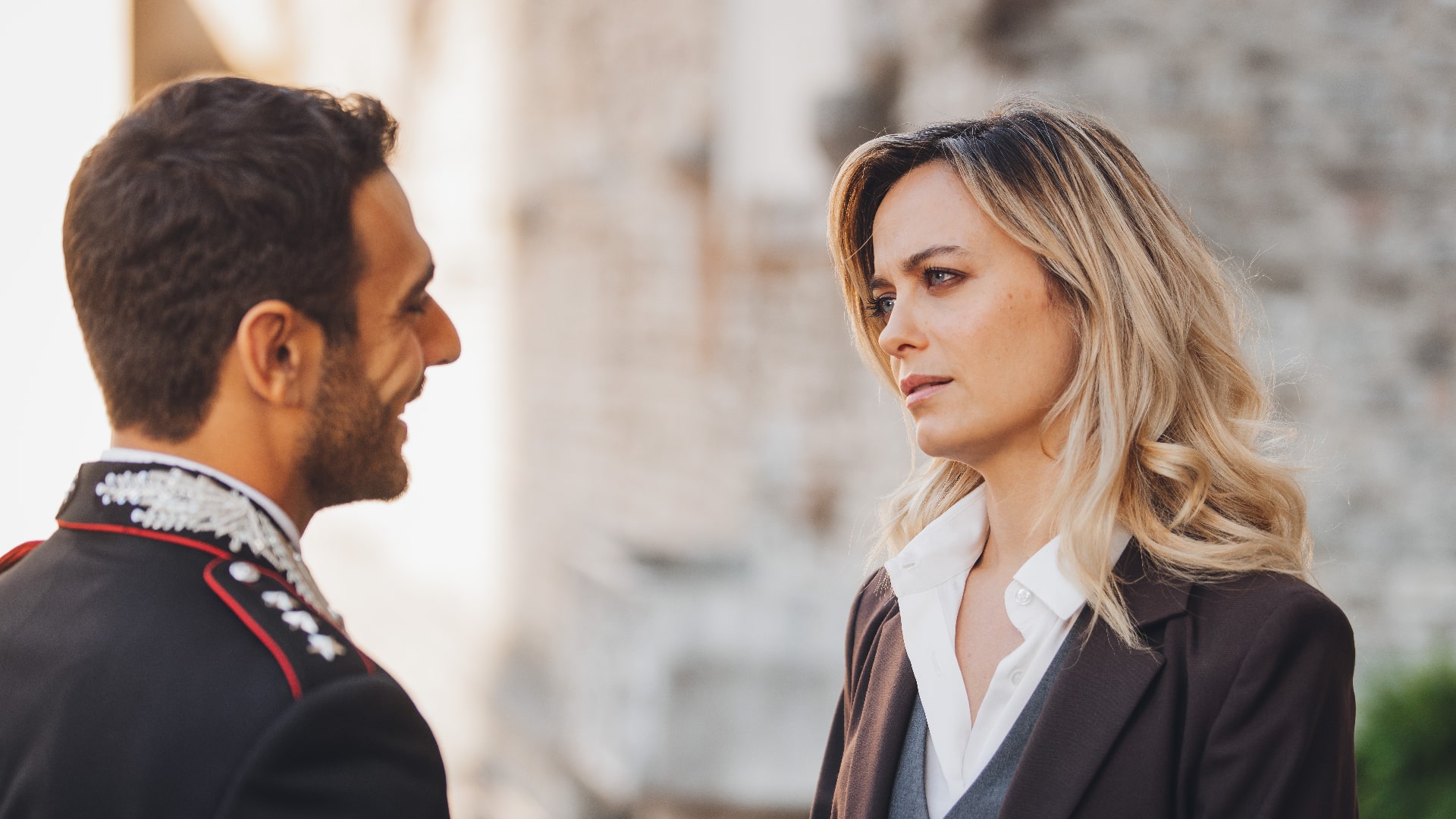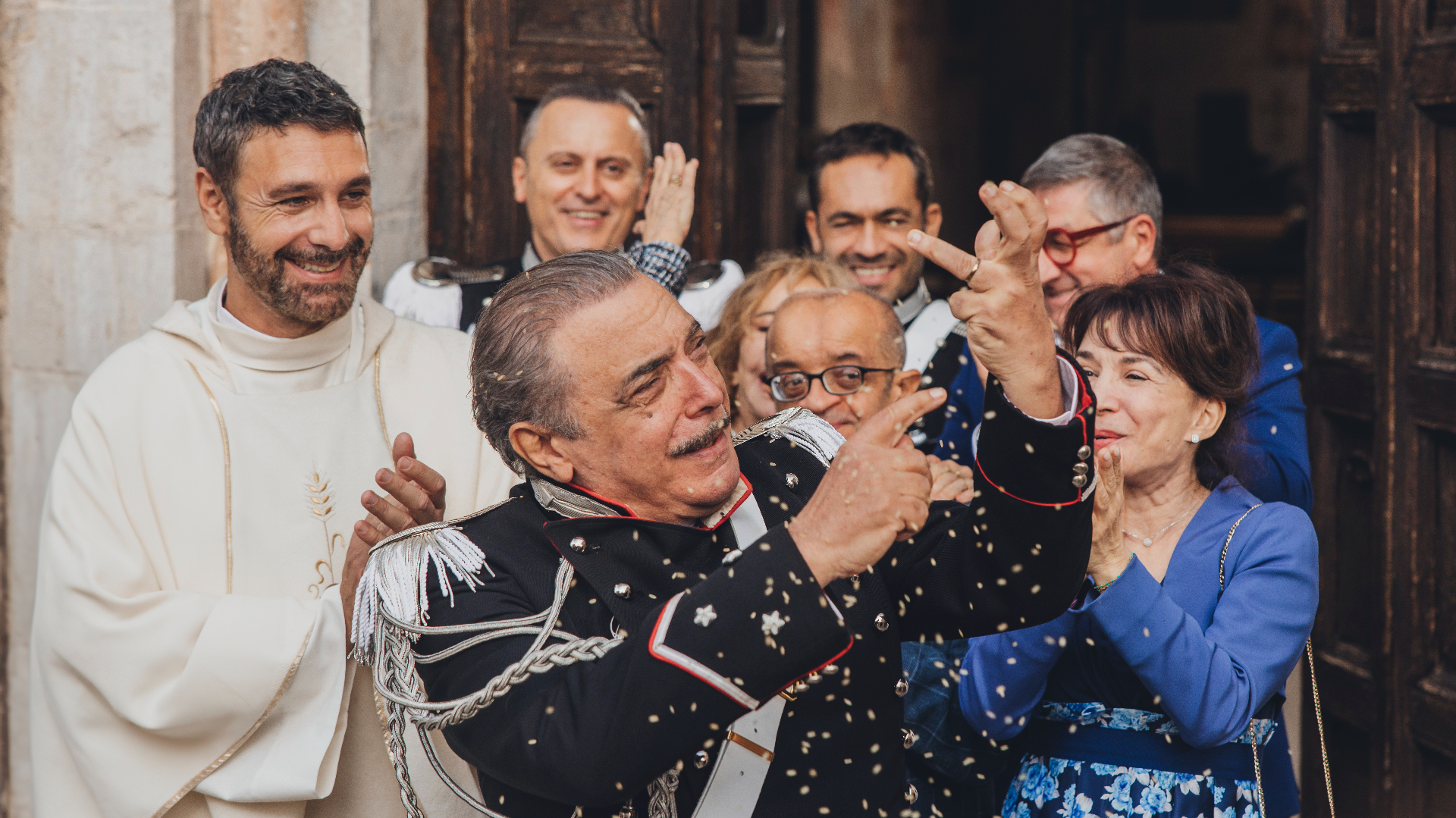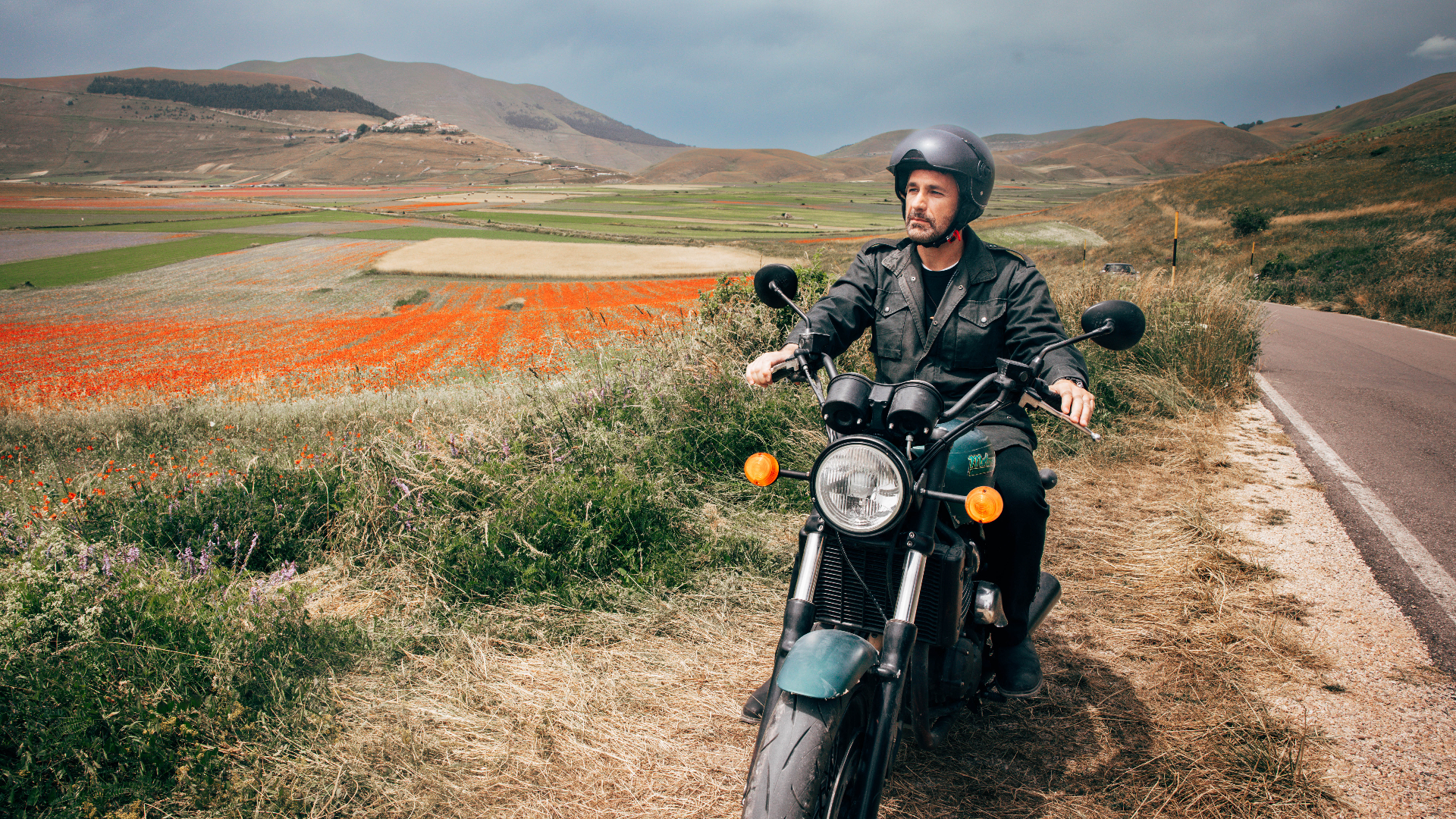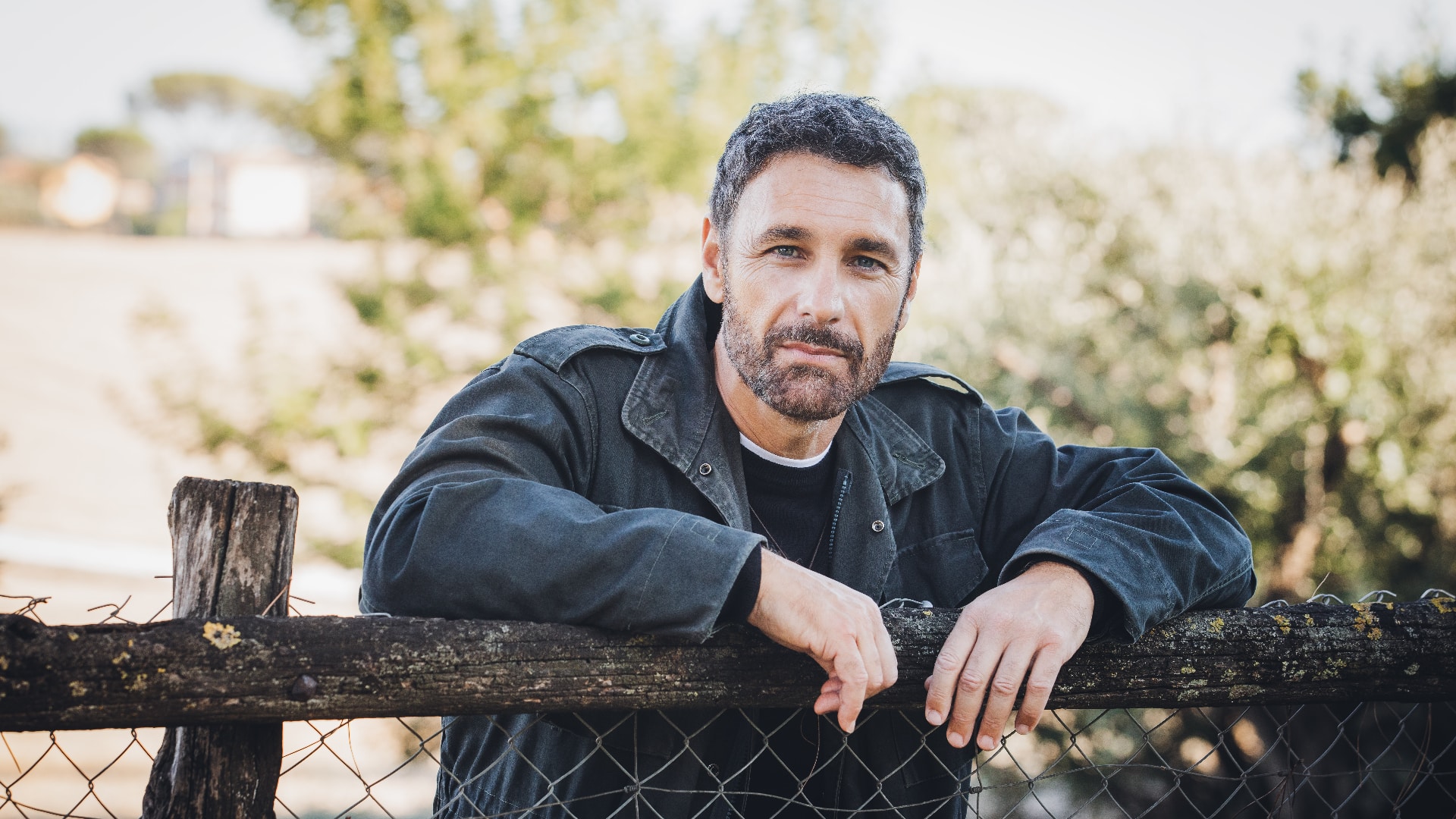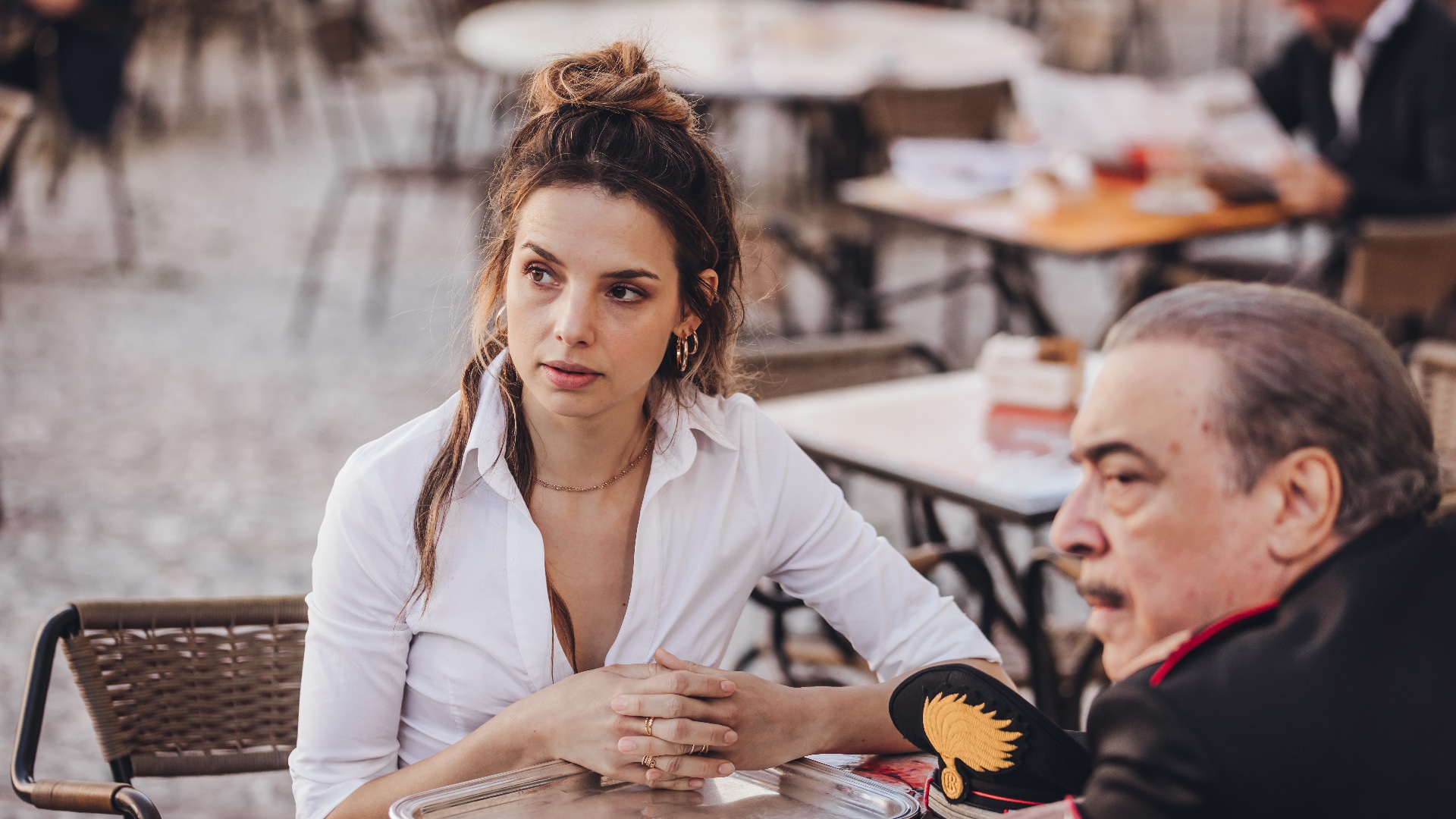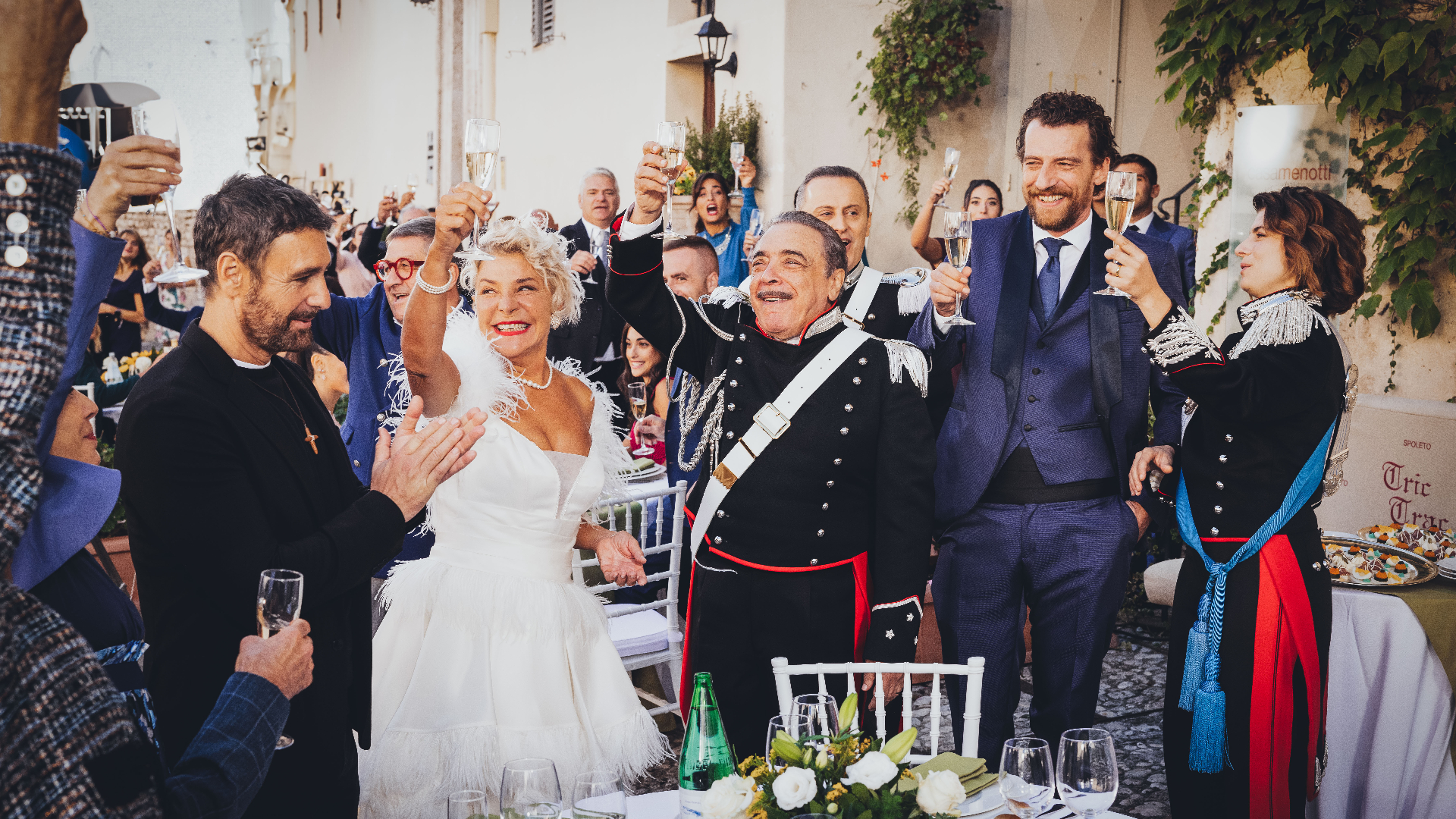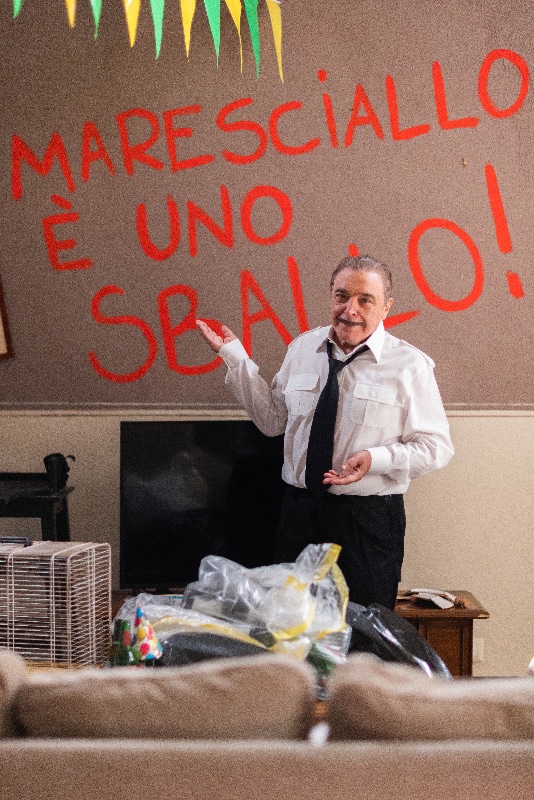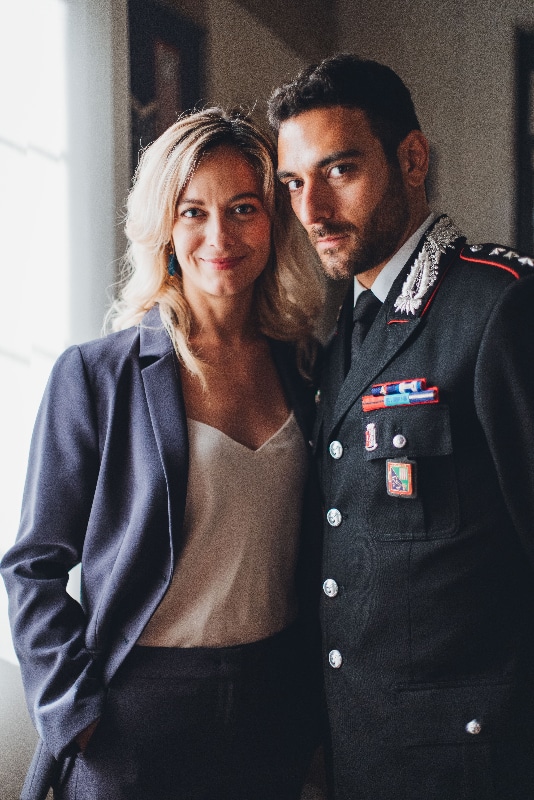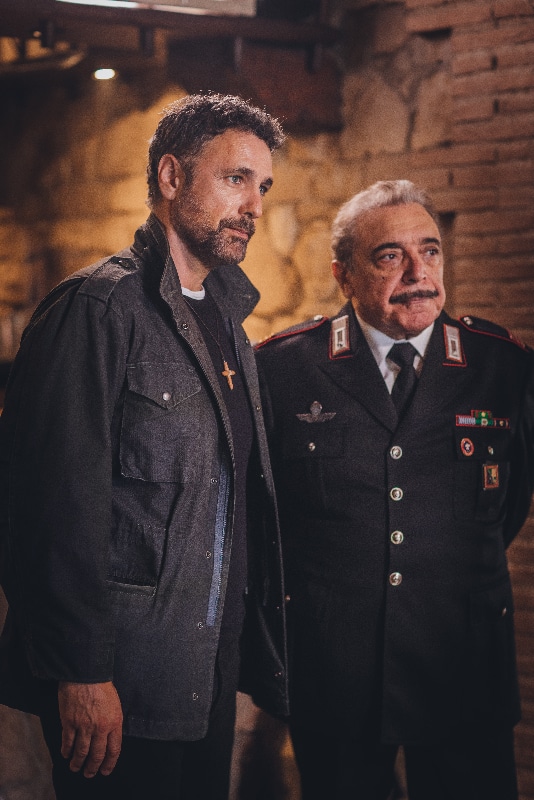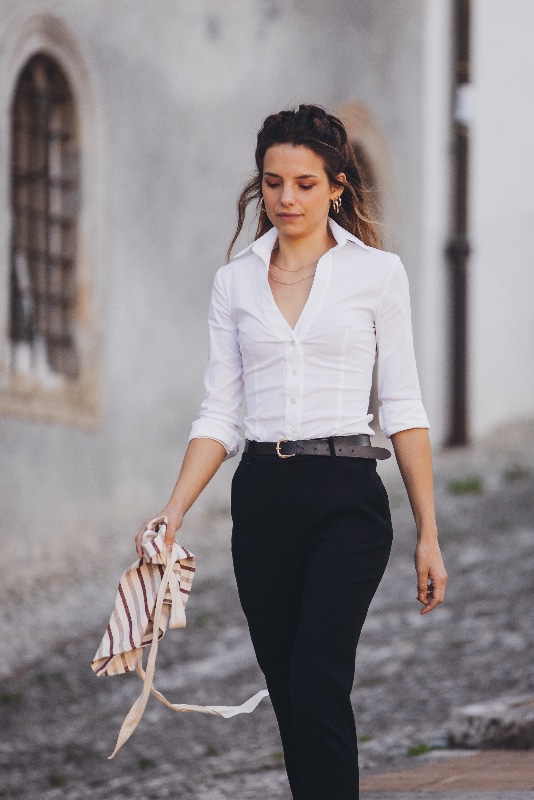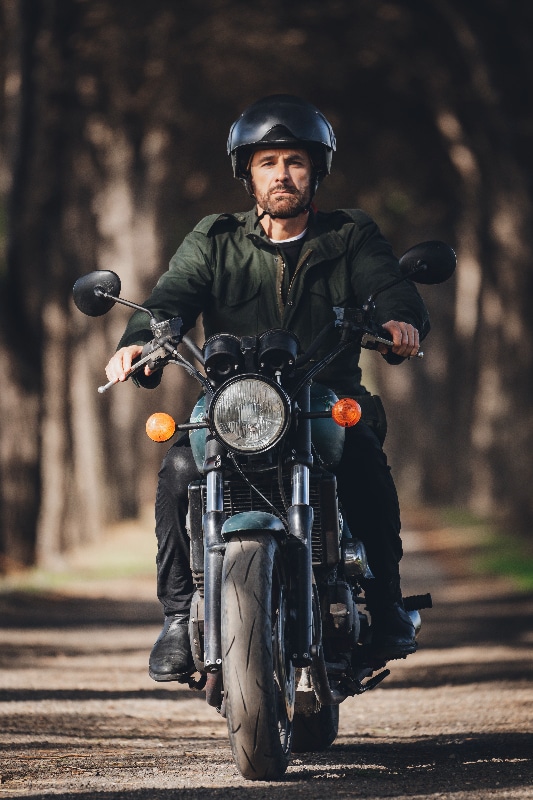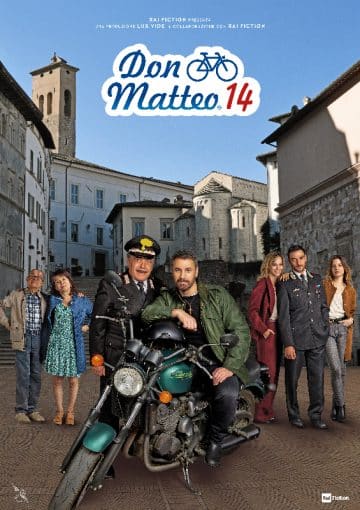
Synopsis
One of the most beloved Italian series of all time, Don Matteo returns for its fourteenth season. It returns with the indispensable Marshal Cecchini, with Natalina, Pippo and, obviously, at its center, Don Massimo – as we have now learned to call him – whom we met (and loved) in the previous season. Also this season will feature a vertical light crime investigation, which intersects with the narrative line carried forward by our regular characters.
After a well-deserved farewell to Anna and Marco, who will finally manage to get married and move to Rome to start a new life together, this year we will introduce a new captain and a new DA. The captain is Diego Martini, former “spy” of the Secret Services, and the DA is Vittoria Guidi.
But why is an ex-spy in Spoleto? The truth is that Diego – with his exacting character, apparently rock solid, although perhaps a little obsessive, as well as being a spy, for whom sharing feelings (and information) is truly difficult – is there for love. That’s because his ex, none other than the same Vittoria, after years of being together couldn’t stand that repressed man any longer, and she left him. She is now about to get married to Egidio, whom she’s known for a few months and with whom she’s discovered everything she lacked in her relationship with Diego: emotionality, comfort, empathy. But Diego isn’t having it: because since Vittoria left him, he has been feeling so vulnerable. In the middle of a mission, he had an attack of dizziness, which he hadn’t suffered since his parents’ divorce, and he was consequently demoted. And now he is in Spoleto to recover the part of himself he lost: the best part, Vittoria.
Of course, when he confronts Vittoria, and she explains to him the real reasons for the breakup, he realizes he will have to work on himself, to change, to learn to open up… to share.
And now here is our Cecchini, always ready to improvise as a teacher, who tries to gain the trust of his new superior by committing himself to teaching him to share. At first the captain gives him a hard time… but little by little, he responds to the marshal’s kindness, and a bud of friendship blossoms between them. So much so that Diego goes to live in Cecchini’s now vacant apartment, as per tradition. Of course, as for teaching him to share, no, Cecchini can’t do that. For that, there will be Giulia, Don Massimo’s sister, or rather, half-sister.
She was born from an extramarital affair of their father. She went through a rocky adolescence, and in the end, by continually getting into trouble, she was indirectly responsible for her father’s death. It was a rainy night, she had run away from home… her father went out looking for her, and he didn’t see a deadly curve. And so, Don Massimo, at the time still Matteo, the Carabiniere big brother she doted on, cut her off definitively., That girl had single-handedly ended up destroying his family. And since then, he has refused to help her: I can’t do anything more for you.
Giulia is in Spoleto because she gets involved in a series of scams involving her boyfriend, Ivan, a married man with whom, however, she is in love. Initially, Don Massimo refuses to have anything to do with her, but… Luckily, there’s Natalina. In her usual no-hold-barred way, she makes it clear to the parish priest in no uncertain terms that she simply won’t stand for it. Giulia needs help, and above all she needs him – as a priest, and especially as a brother. So, Giulia, who will have to serve a period of probation doing socially useful work, will stay… in the rectory.
At first, Don Massimo helps her because it is his duty to do so, as a priest, as a man of God… but as a brother, things are not yet all that settled. Deep down, Don Massimo, the brother, still can’t forgive her for the harm she did to their family. But isn’t he a priest? Shouldn’t he do it automatically? This is what eats at him: “I should do it, but I can’t”. If Don Matteo was perfect… infallible, a sort of Traveling Angel who had no “path” within the series, Don Massimo is exactly the opposite. He is a priest in-the-making. A priest who still has to be fully formed, one who makes mistakes and who must undertake a humane and dramatic journey: that of finding a way to forgive and love his sister, despite everything.
But let’s consider Giulia and the captain… Initially she is Diego’s sworn enemy: in fact, it is he who put her boyfriend behind bars, it is to him she has to go every day to sign off, and he’s the one who grills her to find out if there is more money stashed somewhere. But as we know, something else might very well develop from such a clash. And if on the one hand Diego will eventually take an interest in her case, including on a human level, helping her to understand that she is with the wrong man, one who is using her, and also protecting her from her mistakes, she will come, from her side, to feel a certain empathy for this gruff and vulnerable man, to the point of offering to help him win back Vittoria, who is starting to regard Diego’s progress with greater interest and admiration. And so, the more Giulia manages to make the new captain open up, the more Vittoria falls back in love with him. Yet at the same time, the more the new captain opens up, the closer he gets to Giulia…
A fine triangle, in short, which involves none other than the priest’s sister, the same priest who always meddles in investigations, and who, as a former member of the Cacciatore di Calabria squadron, gives Diego a hard time.
But that’s not all: both the Cecchini house and the rectory, as we know, have a lot of space. And so, Cecchini’s marital peace will be upset by the arrival of his niece Martina, Tommasi’s daughter: even though this problematic teenager seems to have eaten up, the little Martina Cecchini used to know. And yet, she will inspire her grandfather to rediscover the beauty of fatherhood, and together they will revive the memory of Patrizia, Martina’s mother, the Marshal’s daughter, whom they both miss so much. Adding color to the rectory, however, will be Bartolomeo, known as “Bart”, a child with Down syndrome, full of insecurities, who will spend his afternoons with our characters, also attending Don Massimo’s catechism lessons, a regular appointment this season, in which our Don will tell the children a different parable each episode, one which contains a profound and human theme around which our characters’ stories revolve.



